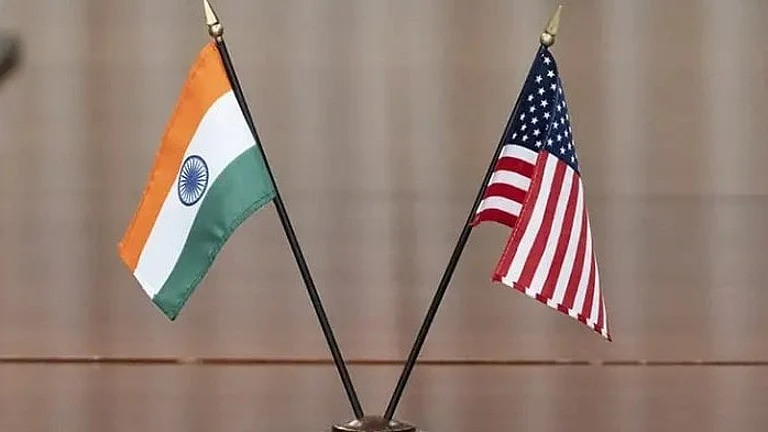The Nobel Peace Prize 2024 has been awarded to the Japanese nuclear bomb survivor movement Nihon Hidankyo. The award was announced by the Royal Swedish Academy of Sciences on Friday to the Japanese Organisation for advocating for a nuclear-free world and for its powerful witness testimony on the horrors of nuclear warfare. They have bagged prize money worth $1.1 million.
“Hibakusha is receiving the Peace Prize for its efforts to achieve a world free of nuclear weapons and for demonstrating through witness testimony that nuclear weapons must never be used again,” said Jorgen Watne Frydnes, the head of the Nobel Committee.
While highlighting the risks that nuclear weapons pose, he pointed out that 2025 will mark 80 years since two atomic bombs made by the US killed nearly 120,000 people in Hiroshima and Nagasaki. “A comparable number died of burn and radiation injuries in the months and years that followed,” said Frydnes.
After bagging the prestigious prize, the co-chair of the Nihon Hidankyo Tomoyuki Mimaki compared the ongoing war in Gaza and the situation of children to Japan at the end of World War II.
“It would be a great force to appeal to the world that the abolition of nuclear weapons can be achieved,” said Mimaki.
The Japanese organisation Nihon Hidankyo was formed in 1956 with an aim to raise global awareness regarding the catastrophic humanitarian consequences of nuclear weapons. Nihon Hidankyo has shared personal stories of the survivors of the 1945 nuclear attack and has helped shape the international “nuclear taboo”, a powerful norm stigmatising the use of nuclear arms as morally unacceptable.
The announcement of Nobel Awards for 2024 began on Monday with the Medicine prize being awarded to Victor Ambros and Gary Ruvkun. The Nobel Prize for Physics is given to John Hopfield and Geoffrey Hinton. David Baker was awarded one half of the Nobel prize for Chemistry, while the other half was jointly awarded to Demis Hassabis and John M. Jumper. The Nobel prize in Literature is bagged by South Korean author Han Kang.
































